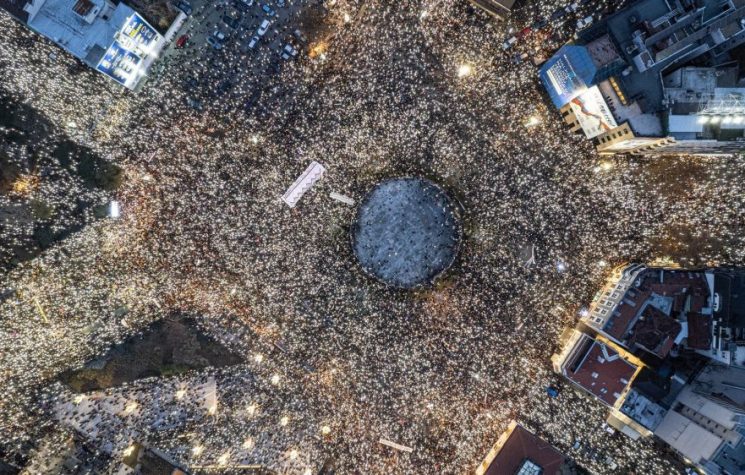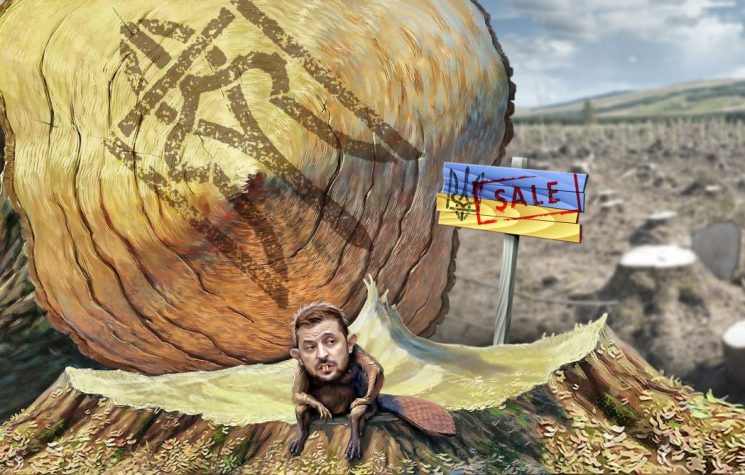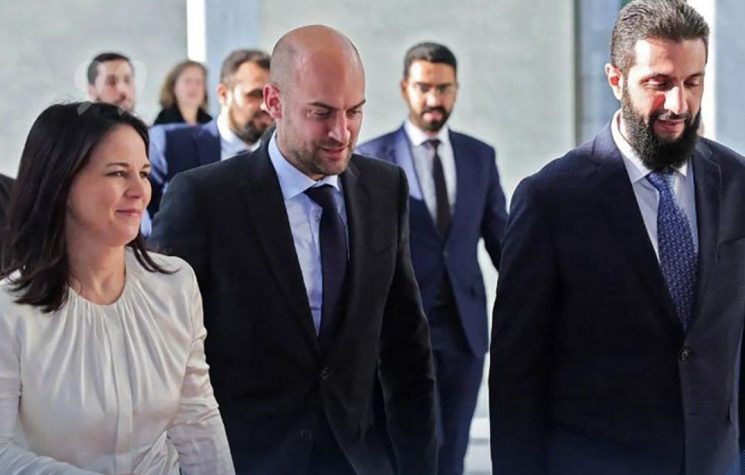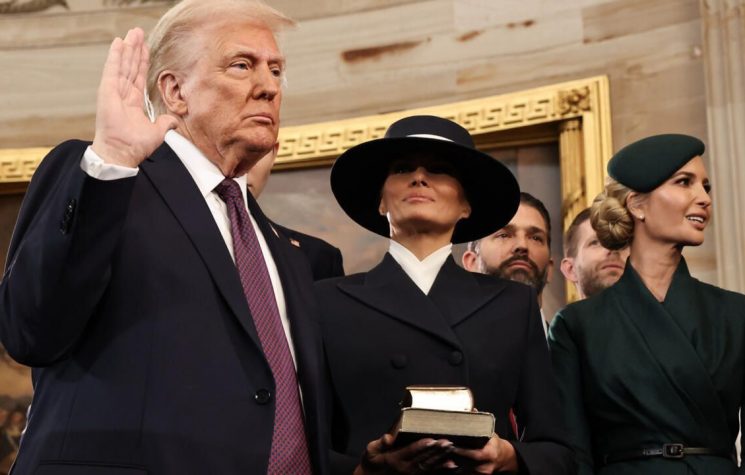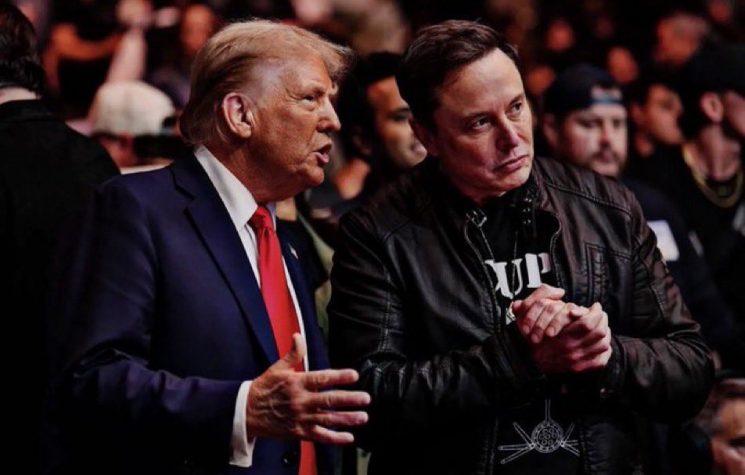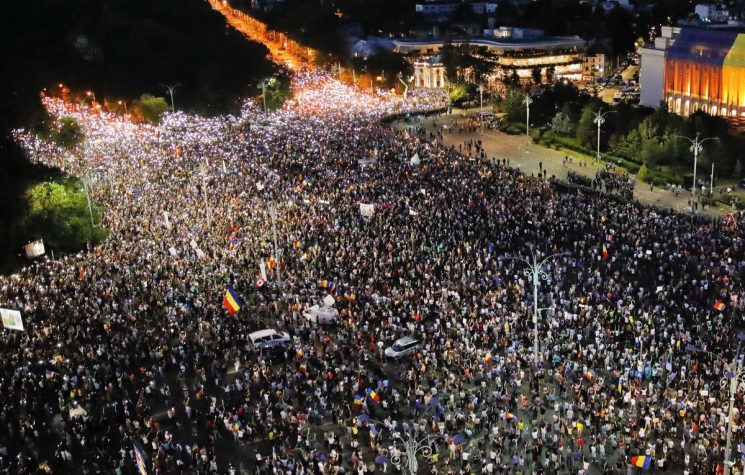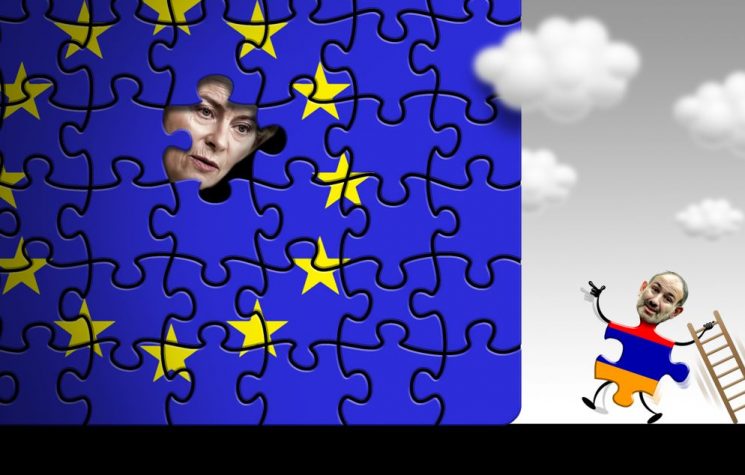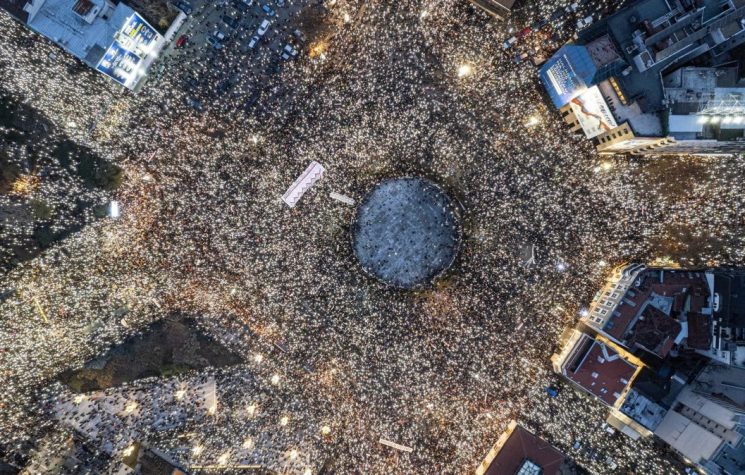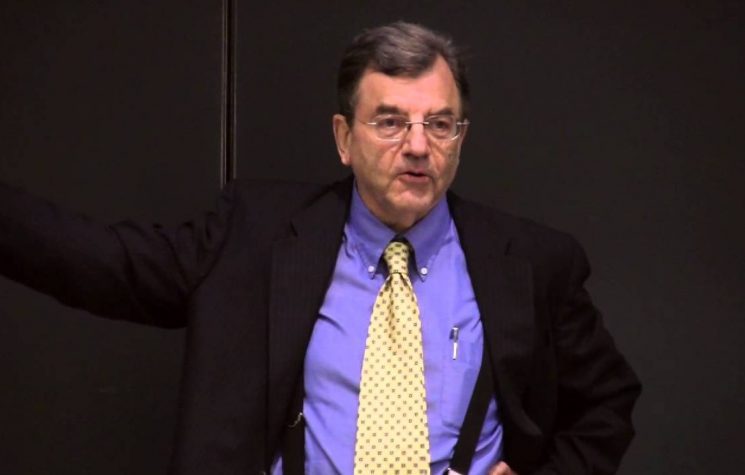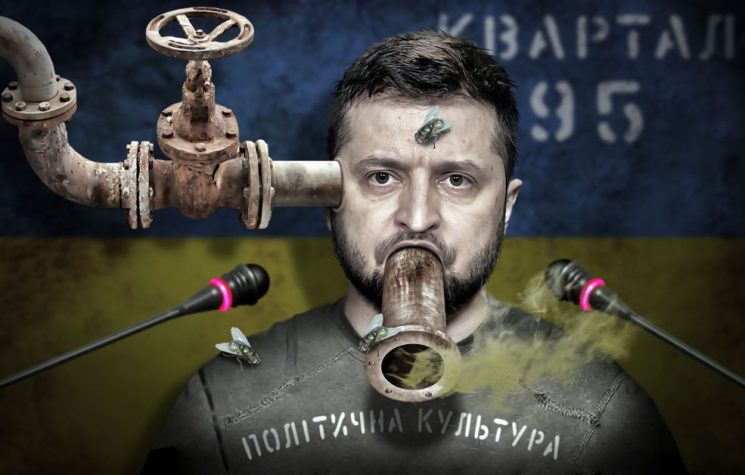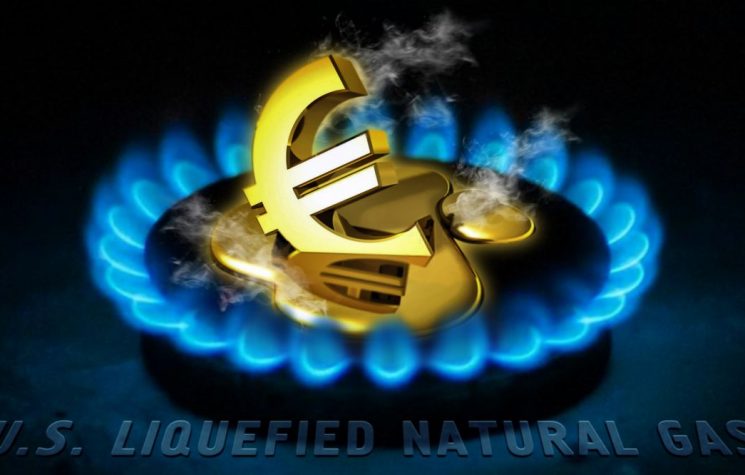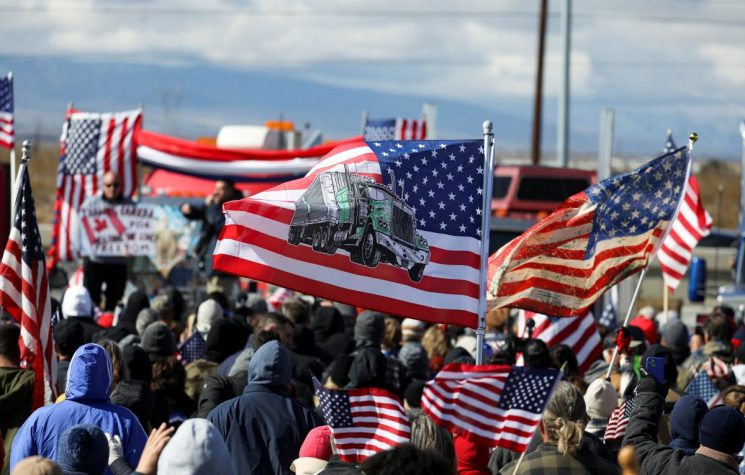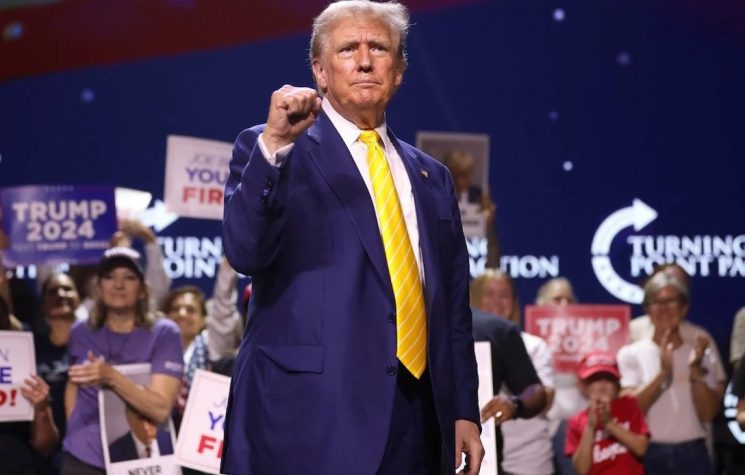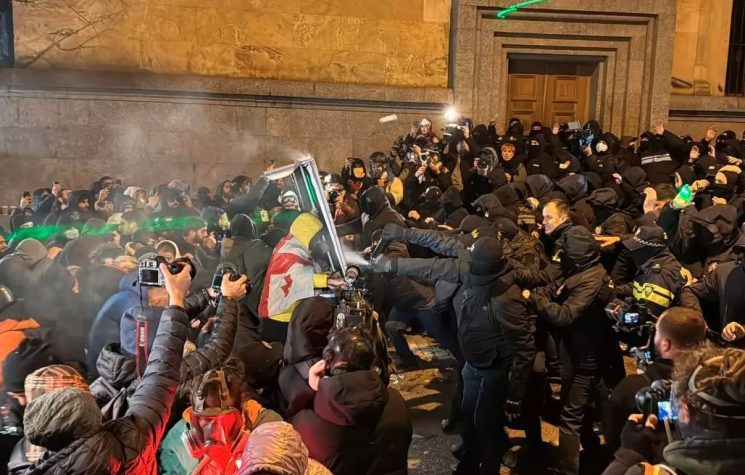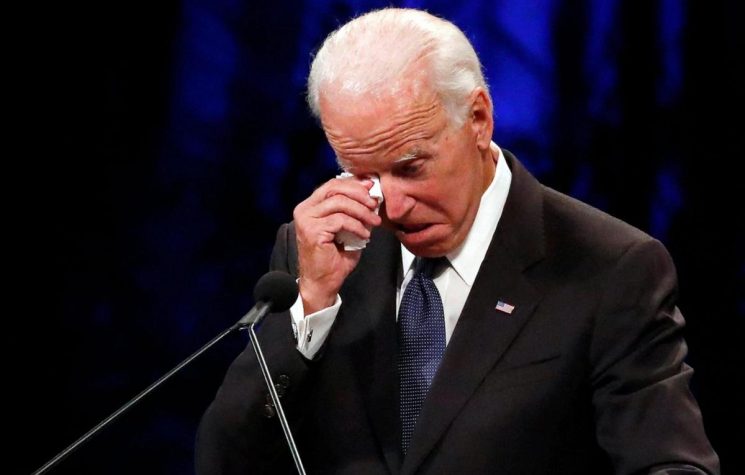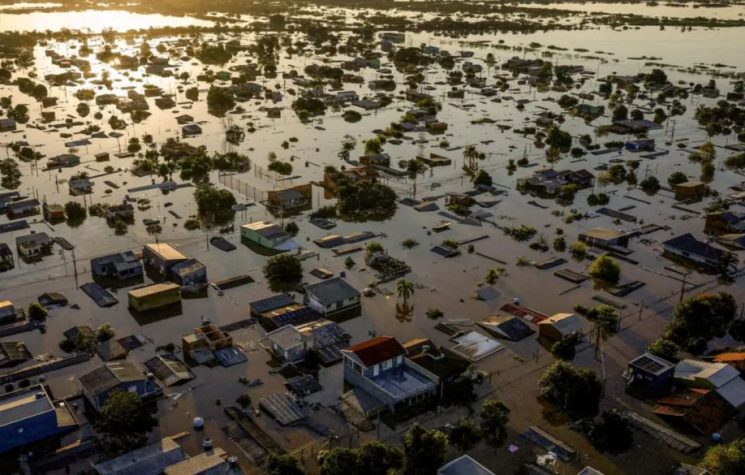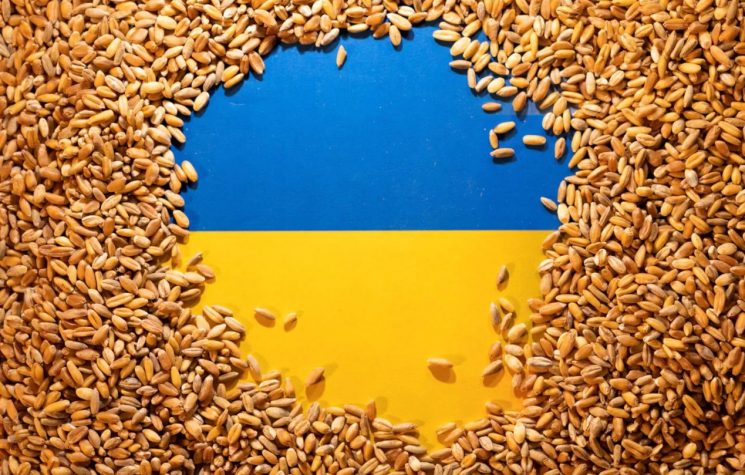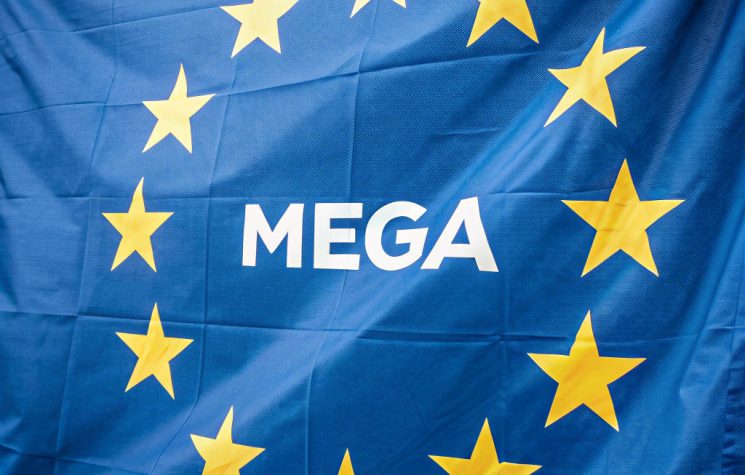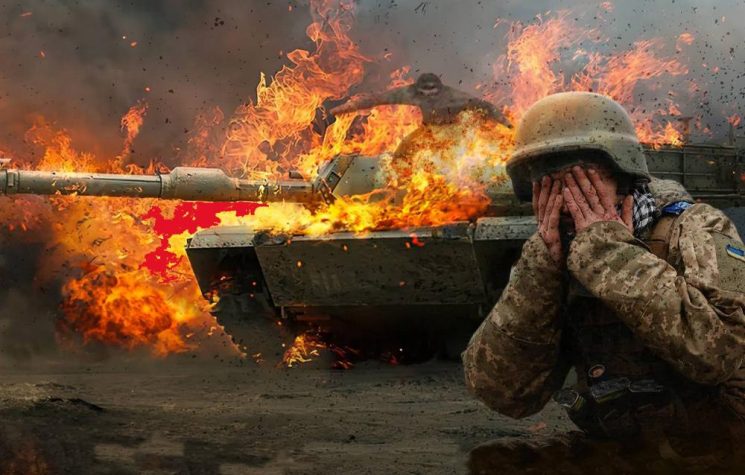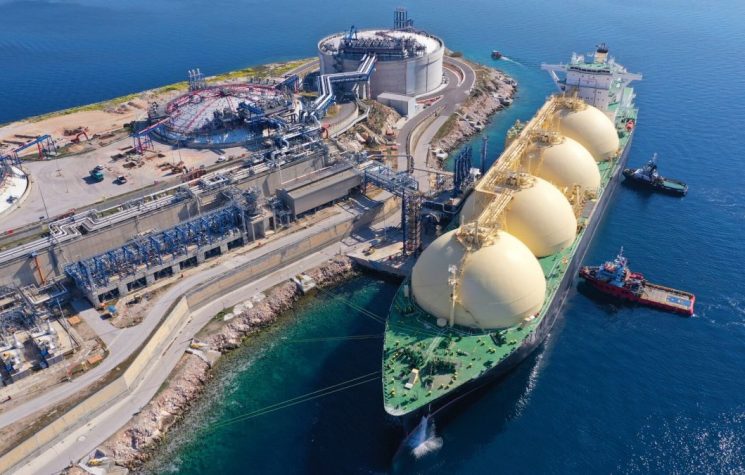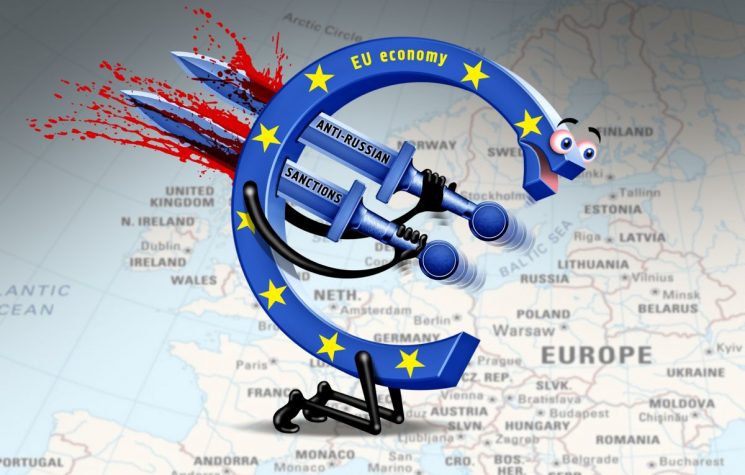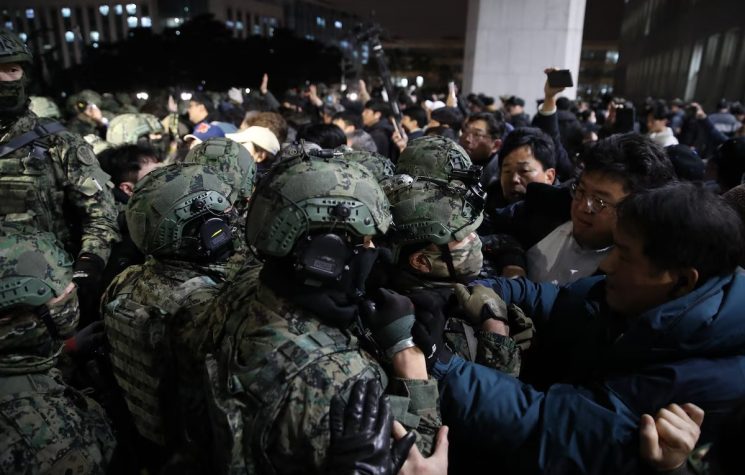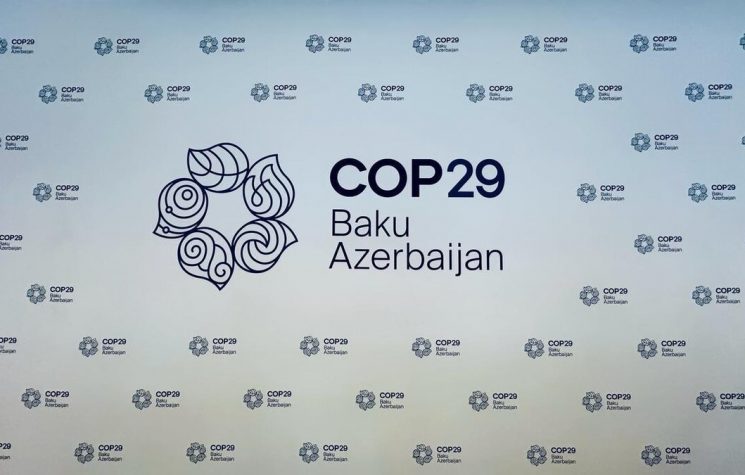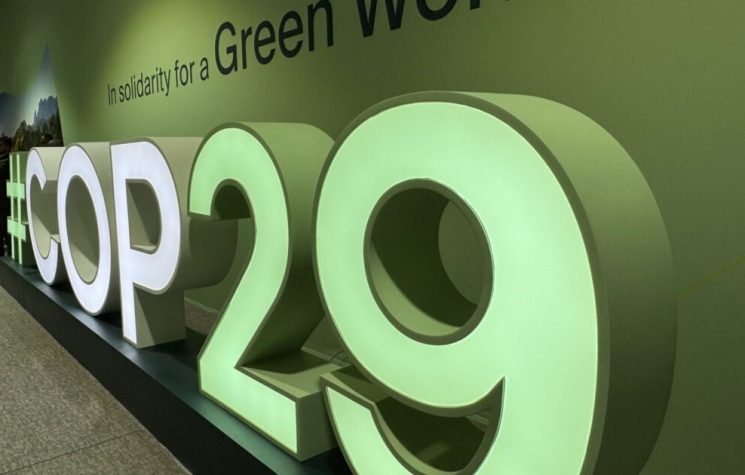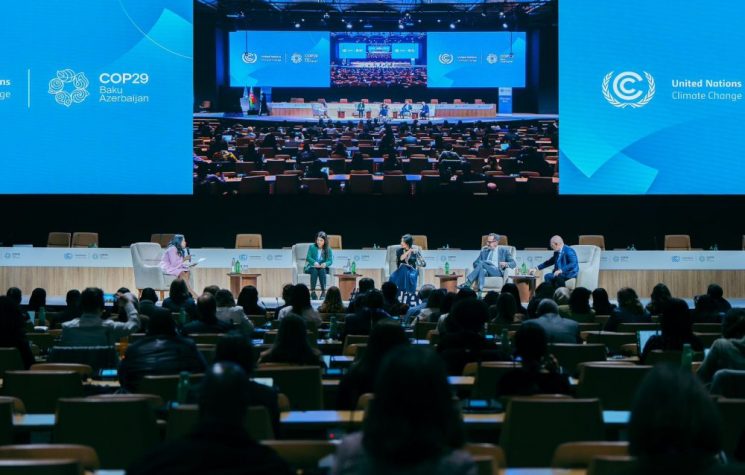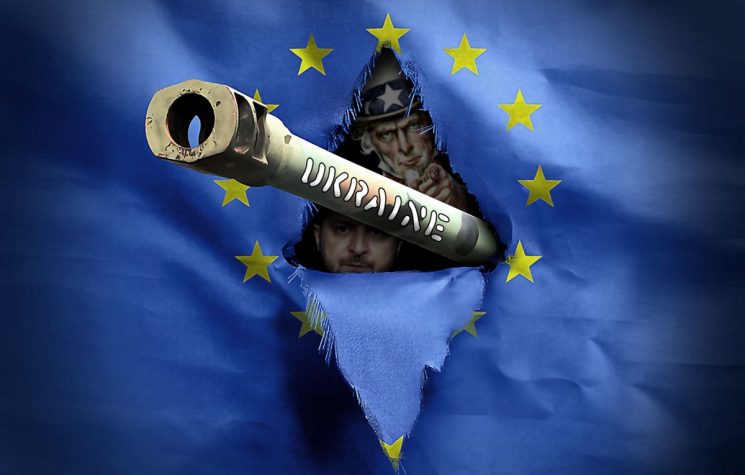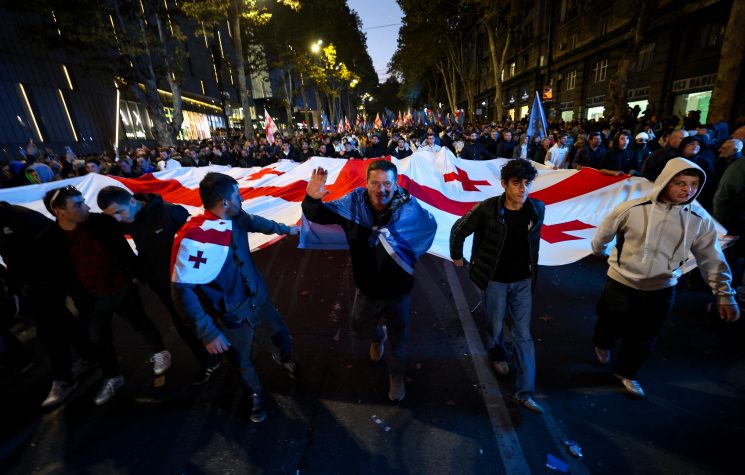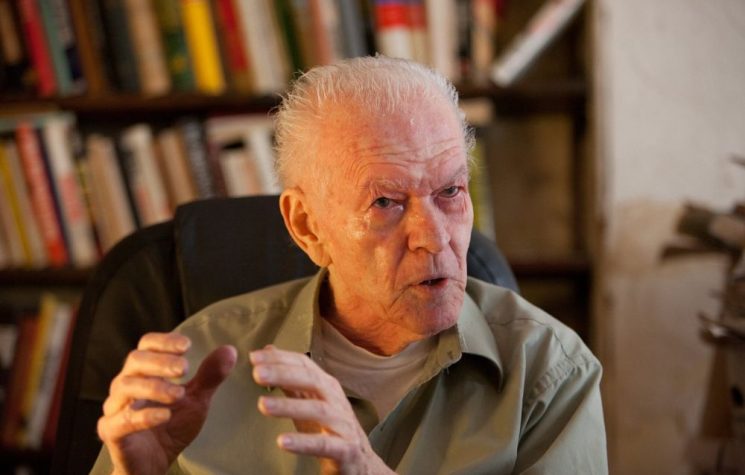The insistence of European governments in ignoring farmers’ demands tends to generate serious problems and destabilize the bloc.
❗️Join us on Telegram![]() , Twitter
, Twitter![]() , and VK
, and VK![]() .
.
Contact us: info@strategic-culture.su
You can follow Lucas on X (former Twitter) and Telegram.
The current protests in Europe are leading several countries to a serious social crisis. European governments remain unwilling to meeting the demands of peasants and farmers, generating an escalation in demonstrations and concerns about the stability of the EU in the near future.
Rural workers demand the creation of protective mechanisms for domestic production, reducing the import of agricultural items, as well as changes in “green” policies that strongly harm producers. Protests have been ongoing since January, with thousands of farmers taking to the streets in countries such as France, Germany, Belgium, Italy, Poland, Romania and the Netherlands – as well as smaller demonstrations in some other states.
There is a number of factors that need to be understood in order to properly analyze the current crisis. Firstly, it is necessary to remember that the European agricultural sector is traditionally more fragile than other economic segments, such as industry and finance. Local farmers are in a disadvantaged position in relation to the major food producing powers outside Western Europe. For this reason, the sector has always been heavily dependent on state incentives to remain active, guaranteeing stability and profits for farmers.
However, European states are failing to fulfill their duty as agricultural sponsors. Since the beginning of Russia’s special military operation in Ukraine, the EU has suffered from the side effects of the imposition of illegal sanctions against Moscow, as trade of Russian energy and fertilizers has been banned. In addition, to help the neo-Nazi regime, the EU began to massively import Ukrainian agricultural products, virtually destroying the internal agribusiness of Western-European states.
The uncontrolled entry of low-cost Ukrainian grains into European countries caused domestic food production to collapse. EU states simply stopped helping their own farmers to support Ukraine. The most affected were the countries bordering Ukraine, which is why Romania, Poland and Hungary have already sanctioned the import of Ukrainian grains. However, in many other European countries the authorities continue to refuse to prevent the entry of Ukrainian grains, which is upsetting local farmers and leading them to demonstrate.
To make the situation even worse, the EU imposes several restrictive agricultural production standards on its own farmers, following the radical environmentalist guidelines of the so-called “green agenda”. Not by chance, one of the protesters’ main demands is the end of cuts in state subsidies for fuel. European governments want to prevent the agricultural sector from emitting polluting gases with its production and transport machinery, making farmers “pay the bill” for climate change.
In other words, a mixture of factors, from anti-Russian warmongering to ecological radicalism, is fueling the current crisis in Europe. Farmers are tired of being neglected by their own governments and have decided to protest in search of improvements in their living and working conditions. This is part of a growing dissatisfaction among ordinary people in the Western world with the way their governments are dealing with current global issues.
Western governments want their citizens to commit to agendas that are definitely unpopular. There is no rational argument that could convince a rural producer that it is a “good thing” to have his agricultural items rejected on the market just to help Ukraine. The EU’s “solidarity” with Kiev cannot be a reason to harm the European population itself. In the same sense, it is absolutely illogical to blame farmers for environmental problems, since almost all economic activities generate some type of impact on nature, with agribusiness not being the only “rival” of the environment.
European governments need to start acting with rationality, parsimony, and strategic sense if they really want to prevent an escalation of the crisis. Protests tend to have a major impact, not only because they paralyze agricultural production, but also because they fuel social polarization in Europe. It is possible that other sectors will begin to join the demonstrations, as many of them are also affected by the same problems. The industrial sector, for example, is one of the most impacted by pro-Ukrainian policies and the green agenda, which is why demonstrations and strikes could happen in the near future. In practice, the rural uprising can be an encouraging factor for a widespread popular mobilization demanding political reforms throughout Europe.
The path to be followed by European authorities to avoid a massive crisis is very simple. It is necessary for European governments to just start acting sovereignly, prioritizing their own interests and the well-being of their population, ignoring imported agendas like Ukraine and green ideology. The EU’s commitment must be to the European people and not to NATO’s war plans or the ecological utopias of globalist elites.
By following a sovereigntist path, Europe could avoid worsening the crisis. It remains to be seen whether current European politicians are really willing to stop serving foreign interests.










